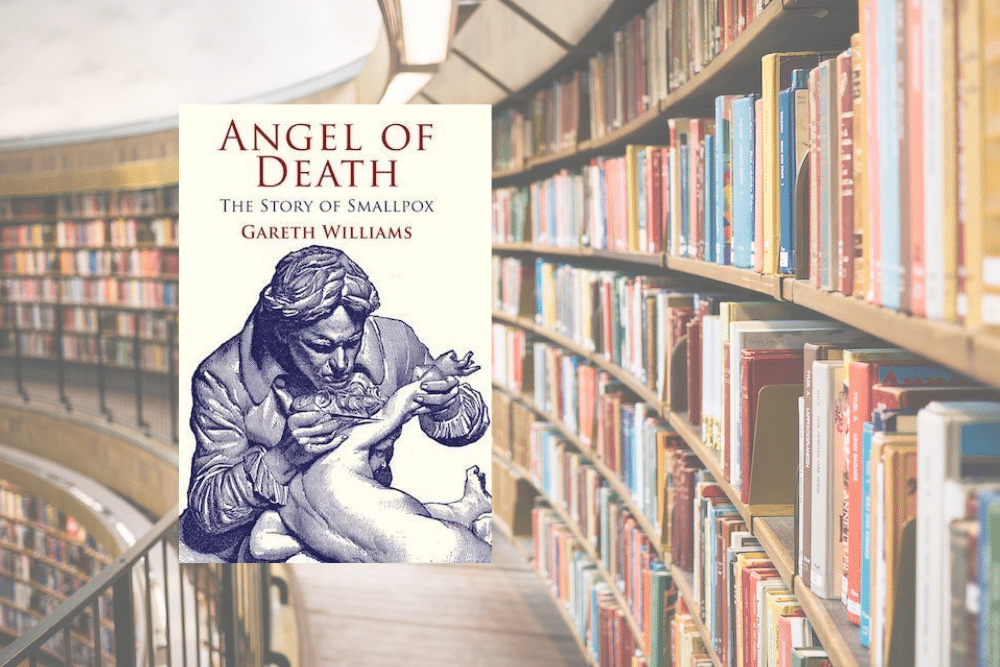 Sophie Rowlands is a GP in Sussex, and is part of the RCGP Junior International Committee. She is on Twitter: @DrSRowlands
Sophie Rowlands is a GP in Sussex, and is part of the RCGP Junior International Committee. She is on Twitter: @DrSRowlands
Angel of Death provides a very comprehensive history of smallpox and vaccine development, which has parallels with the current COVID-19 pandemic.
The book outlines how smallpox, present for several milllenia, was nicknamed the ‘Angel of Death’ due to a case fatality rate of up to 50%. As well as high mortality, smallpox also led to severe disfigurement in many survivors, and was highly infectious, remaining viable on objects for up to two years. With no effective treatment, periodic outbreaks were part of life. The author details how variolation, which had been ongoing for many years in parts of Asia and Africa, found its way to North America and Europe in the 17th century, providing some immunity, at the cost of triggering outbreaks.
Alongside the birth of vaccination came the anti-vaxxer movement.
Alongside the birth of vaccination came the anti-vaxxer movement. The book offers a very detailed insight into how this movement gained momentum, and key issues which still hamper vaccination campaigns to this day e.g. unintended side effects, and compulsion to vaccinate versus the right to choose. In the early days, issues such as erysipelas and the spread of syphilis were rare side effects of smallpox vaccination.
In 1979, smallpox became the first (and only) disease to be successfully eliminated globally by vaccination. The book ends with a cautionary tale about how daily life could be seriously impacted if smallpox was to recur and cause a pandemic. Many of these fears have come to fruition with COVID-19, albeit thankfully with a far less deadly pathogen.






